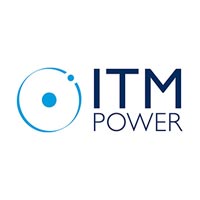While hybrids and EVs are now a common sight on our roads, hydrogen-powered vehicles still seem like the stuff of science fiction. It may take time for hydrogen to reach the mainstream, says Toyota’s Jon Hunt, but the prospect of zero-emission transport will be well worth the wait.
The importance of providing energy security and decarbonising society, while improving air quality and reducing environmental impact, present huge challenges, particularly for the energy and transport sectors – producers of the highest CO2 emissions.
In the UK a particular focus is provided by the government targeting an 80% reduction in all greenhouse gases by 2050, compared to 1990 levels.
There are social, political and economic consequences to consider, and both government and commercial operators have a responsibility and opportunity to shape how these challenges can be addressed.
No single solution will meet all needs and there are different national and international considerations and constraints, but the fundamental relationships between these issues and objectives are consistent across the globe.

